As I near my 30th birthday, I’m feeling grateful for where I am. Ten years ago, I was beginning college, terrified that generalized anxiety disorder would stop me from pursuing my dreams. My life had been a series of small choices. I scaled mole hills because mountains were too scary.
But, just five years ago, I stood atop an actual mountain in Colorado as a newlywed halfway through earning her Master’s degree.
Generalized anxiety disorder doesn’t have to stop our lives or quench our dreams.
I have learned truths and tools that were, and are, essential to my growth. Here are the 10 most important things I have learned about mental health since starting therapy 10 years ago.
- You can’t prepare for everything
- You can develop mentally healthy practices
- Avoidance increases fear
- Therapy is worth it
- Medication is worth it
- Courage grows exponentially
- Healthy doesn’t equal happy
- Imagination is a powerful tool
- You have to want to get better
- What you believe matters
Of course, I can’t cover everything here, so I have included links to posts that go deeper into some of these ideas.
1. You can’t prepare for everything
I’m a prepper. I even wrote a post years ago about how I prepared for my first flight. I always feel better when I consider all possibilities.
So when my therapist recently told me I can’t prepare for everything, and that it can even be unhelpful, I felt disappointed. I wanted her to tell me exactly what I needed to do to prepare for the things that scared me.
But there is a difference between preparing for a vacation and preparing for things that are less predictable.
For example, for my first flight, I could prepare by watching videos of people stepping onto their plane and finding their seats; by locating the nearest grocery store near our hotel; or packing easy-to-eat snacks; but I couldn’t prepare for the feelings that came with take-off or landing. I couldn’t prepare for the trip itself. I didn’t know how I would respond, so it would have been unproductive to imagine myself in every scenario.
Our imaginations can only do so much heavy lifting. Eventually, we come to the place where we just have to experience things in real time.
This discouraged me at first. But now I find enormous freedom in knowing I don’t have to—and can’t—prepare for the future. That means I don’t have to try to conjure up every scenario. I don’t have to live through it twice—once in my mind and once in reality.
Instead, I can develop mentally healthy practices that build my stamina and improve my day-to-day life.
2. You can develop mentally healthy practices

When I am mentally healthy today, I find the future less daunting. I can be present today knowing that, when the next things come, all I will have to do is be present again.
This concept is difficult to explain, but I’ll try. If I were preparing for a marathon, I wouldn’t be doing any favors for myself by trying to imagine what it was like. Instead, I would start by building my endurance. If I went for a run and got out of breath and felt sick to my stomach, I shouldn’t then think, “Oh no! What if I feel this in the future and can’t handle it!” I could only handle it in the present. When I inevitably did, then I would have evidence that I could handle it in the future, too.
The above example is similar to exposure therapy, but I already explained that we can’t expose ourselves to every scenario. Rather, what matters is being present in today.
This means prioritizing our mental health in the day-to-day. I rarely have panic attacks anymore, but when I do, I can usually pinpoint where I slipped out of my healthy habits such as eating well, exercising, going outside, praying, or capturing unhealthy thoughts (I think these practices deserve their own posts, so keep an eye out for those in the future!)
I had a big panic attack last November. I quickly realized that I had spent the previous week trying to “prepare” for something I feared by scrolling information online. I couldn’t possibly prepare for this, so the scrolling only discouraged me and stole precious time that I should have spent being in the present and practicing healthy habits.
Worry is future-focused. We can’t always avoid it, but we can redirect our thoughts to the present. We can only live our lives right now. It’s when we are present that we navigate from the wheel instead of the backseat.
3. Avoidance increases fear
Avoid avoidance.
I learned from a therapist that avoiding the thing we fear actually increases our fear. It becomes a monster in the closet. As long as it is in shadow, we can imagine all kinds of fangs and claws that aren’t there. We must turn on the lights.
That doesn’t mean it won’t still be scary. It probably will be frightening the first time we encounter it. We might feel some initial anxiety. That’s why we have to take baby steps towards it.
This is true for thoughts, feelings, places, things, and actions. Some things, like I said before, can’t be prepared for. But we can, at the least, learn to think about them in healthy, non-avoidant ways.
4. Therapy is worth it

The above point is possibly the most important reason why therapy is essential. A therapist can walk us through those baby steps in ways that do more good than harm. They can help us recognize when our thoughts are healthy or toxic. They can be our accountability partners when we commit to doing hard things.
I didn’t start seeing a therapist until ten years ago despite struggling with anxiety for most of my life. I was too terrified for the wrong reasons. But once I did, the weight of carrying some things on my own fell away.
Recently, having a therapist has helped me postpone worry (which I have written a full post about because I think it’s so powerful). When I have a thought I’m not sure how to handle, but I know I have an appointment coming up, I can jot it down to discuss later rather than trying to “fix” it on my own.
I know a therapist can’t fix me, but they can walk beside me, be my advocate, and give me the tools I need to grow.
5. Medication is worth it
I have taken antidepressants for most of my life. I know that will make some people uncomfortable. Many articles online would have us distrusting these medications. I have opted to trust my doctor, my therapist, and my psychiatrist, as well as the incredible results this medication has given me.
Because of medication (combined with therapy), my anxiety is manageable, and my mood is healthier. (See “Why I Take Anti-Depressants”)
6. Courage grows exponentially

Time is a powerful thing.
When my mom once told me that her own anxiety lessened over the years, I didn’t understand how that was possible. All I could imagine was that things would get worse. Instead, things did get better. The more we are exposed to, the stronger we become (see “What I Wish I Had Known About Anxiety Sooner”).
I was told early on that I might always struggle with anxiety. This has so far been true, but not in the ways I believed it would be. I believed that meant my anxiety would always be dialed up to 11. But there are other numbers on the dial. The dial is always there, but, most days, it’s set to 0-2. Sometimes, my anxiety manifests mentally without physical affects. Other times I have physical anxiety without the mental side.
I also thought that I would always fear the same things, but that isn’t true, either. As I overcome one fear, the next one is easier.
I’m not climbing up an ever-growing mountain: I’m chipping it away. What used to sit at the peak has now crumbled somewhere along the cliffside.
This growth is addicting (see “Be Addicted to Growth”). As my courage grows, my fears shrink. Because, in the end, I was never afraid of the thing itself, but of my ability to face it. Every time I prove that I can do something I once feared, the next thing becomes a challenge I can approach with confidence.
7. Healthy doesn’t equal happy
I am often terrified of sadness. My greatest fears aren’t physical, but emotional. I don’t want to grieve. I don’t even want to be in a bad mood. But emotions are not only part of life but also essential to our wholeness.
In “Obsessed with Happy,” I shared a quote from Hugh Mackay, author of The Good Life, that reveals that it is not happiness that matters but wholeness, which encompasses all emotions. After all, he says, “Happiness and victory and fulfillment are nice little things that also happen to us, but they don’t teach us much.”
While I still think it is important to choose joy by actively pursuing things that give us life, I equally believe that escaping pain lessens its importance.
I recently listened to Tim Keller compare Christianity to other religions. In discussing Buddhism—which I think many of us take practices from whether we are aware or not—he shares how one of the goals is to repel negative emotions. This can be helpful in the right circumstances, but when we look at the life of Jesus, we see someone whose primary emotion was grief. While there are things we can learn about coping and healing from pain, Jesus shows us that seemingly negative emotions are not only all right but good and healthy.
We live in a broken world. To ignore pain would be, in some ways, to accept things as they are.
I am bad at this. I want to escape my emotions. But I am learning, through therapy, to sit with them a little longer and let them teach me.
8. Imagination is a powerful tool
I have written much over the years about imagination, especially in my book, The Redeemed Imagination“. It is, I believe, both the cause of our anxieties and the solution to them. It is what makes us worry and what gives us hope. Like any tool, we have to learn how to use it wisely. And, as I wrote above, we have to learn when it is doing us more harm than good so that we can pivot towards living in the present moment.
9. You have to want to get better
Sometimes we don’t want to get better. We don’t want to live in the present moment or go to therapy or start exercising. Because getting stronger always hurts at first. Muscles have to stretch, and that burns.
Getting better may mean accepting that our anxiety isn’t a personality trait. If we identify as the “realistic,” “too cool for joy” type, getting better might mean our friends don’t know who we are anymore. If we believe our best art comes from our pain, we may not know what to create next.
Getting better may mean inspecting parts of ourselves we don’t want to look at. It may mean taking on new habits we find unappealing.
But getting better is worth it. If you don’t believe it, spend some time around people who are healthy. If I want to run a marathon, I shouldn’t hang out only with the other newbies who complain about how hard it is. I should talk to the experts who talk about how rewarding it is.
We have to want to get better so badly that going back to our old ways is no longer appealing. And we have to believe that we can get better. (See “Do You Want to be Healed?”
10. What you believe matters
Our thoughts come from our beliefs.
In cognitive behavioral therapy, I learned that I had lots of beliefs that weren’t true. And I learned that my actions proved I didn’t really “believe” some of my longest-held opinions.
We can develop all kinds of techniques for overcoming anxiety, but if our worldview is overall a negative one, we are treating deep wounds with bandaids.
I already said we live in a broken world, and that grief can be a proper response to that. But when I say “grief,” I don’t mean “despair.” Grief says that things aren’t supposed to be this way. Despair says, “it is what it is.”
Grief, in some ways, is an act of hope. Grief reminds us that we are created with a desire for redemption, and hope assures us that redemption is certain.
Despair is, as Kierkegaard wrote, a “sickness unto death.” It is denial of any possibility of change.
As a Christian, I am blessed by the Gospels with an eternal hope that sheds light on every shadow. Even my smallest beliefs must submit to this greater one.
I’m still picking away at the lies. Sometimes, we have to be continually reminded of what we believe. It is worth the work. Our beliefs will shape our thoughts, and these will shape our actions. Sometimes, we have to practice what we believe to solidify it in our thoughts.
To be mentally healthy, we must challenge our beliefs about even the smallest things, from how we work to how we play. Because all of it matters and tells us what it is we really believe about God, ourselves, and the world.
Closing
I’m still learning and growing. I haven’t perfected any of this. But I am stronger than I was. That’s why I write these blogs—to encourage you with the same hope I have.
With eight years of blogging behind me, I have no intention of stopping. I have too many things I can’t wait to share.
I hope you are encouraged today!


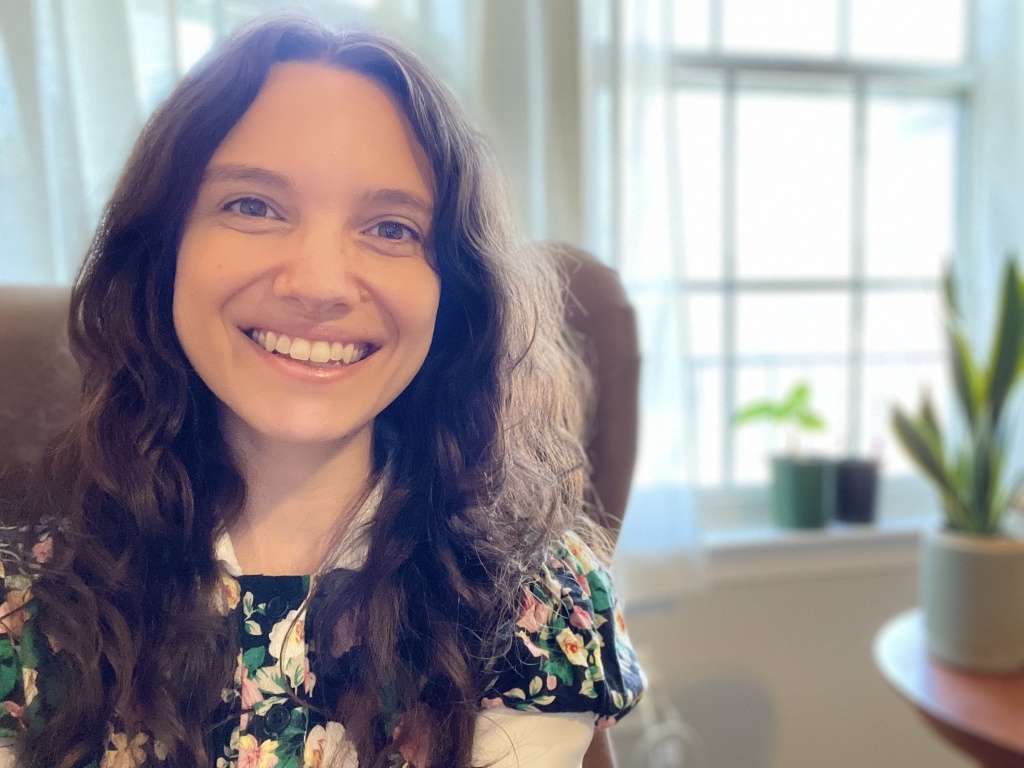




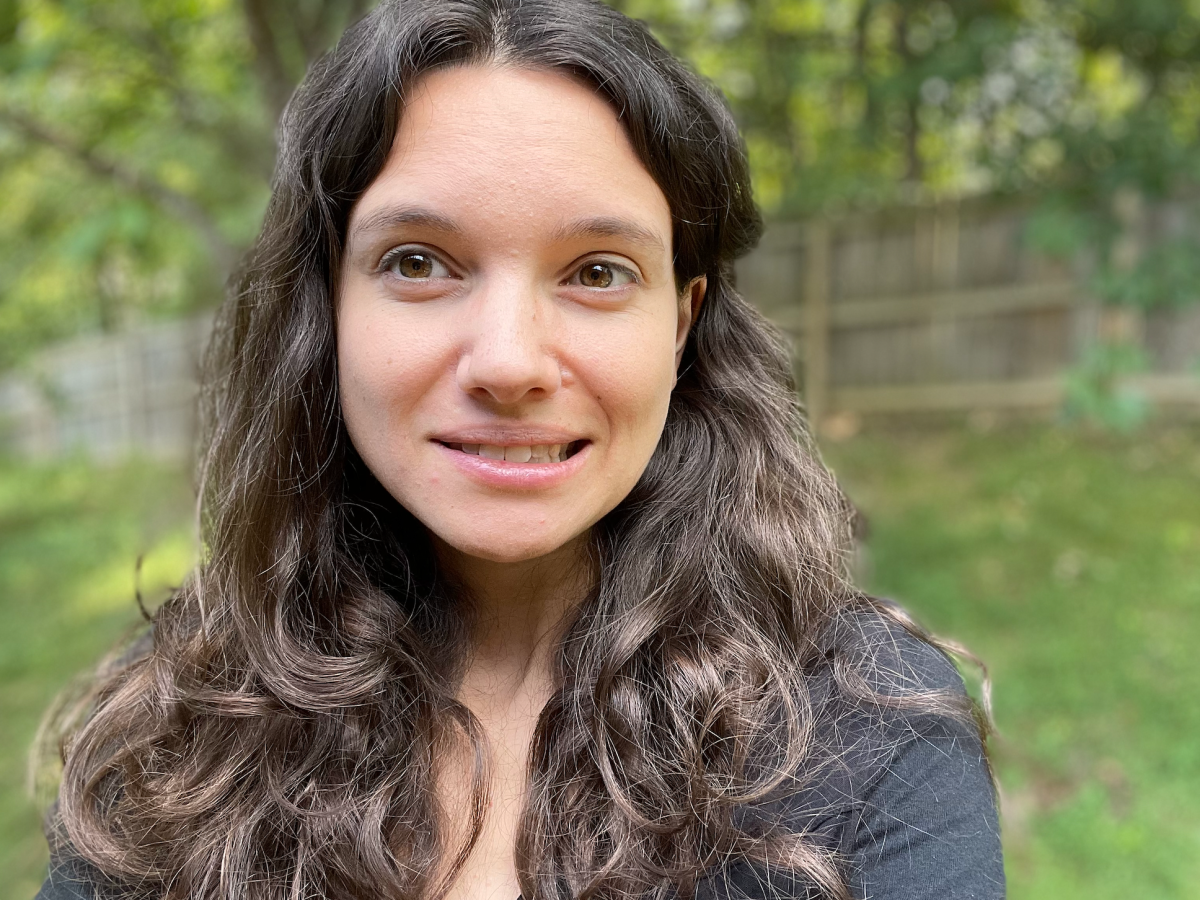
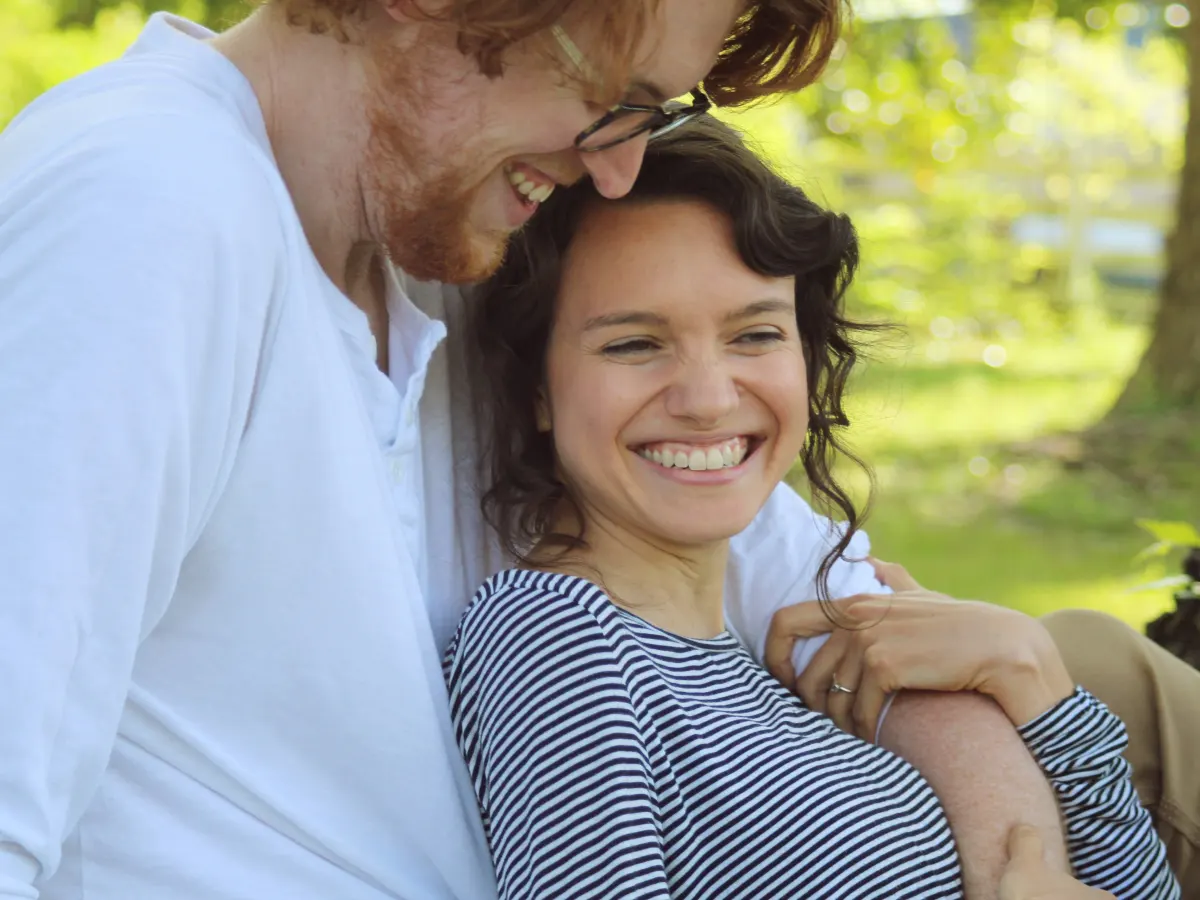
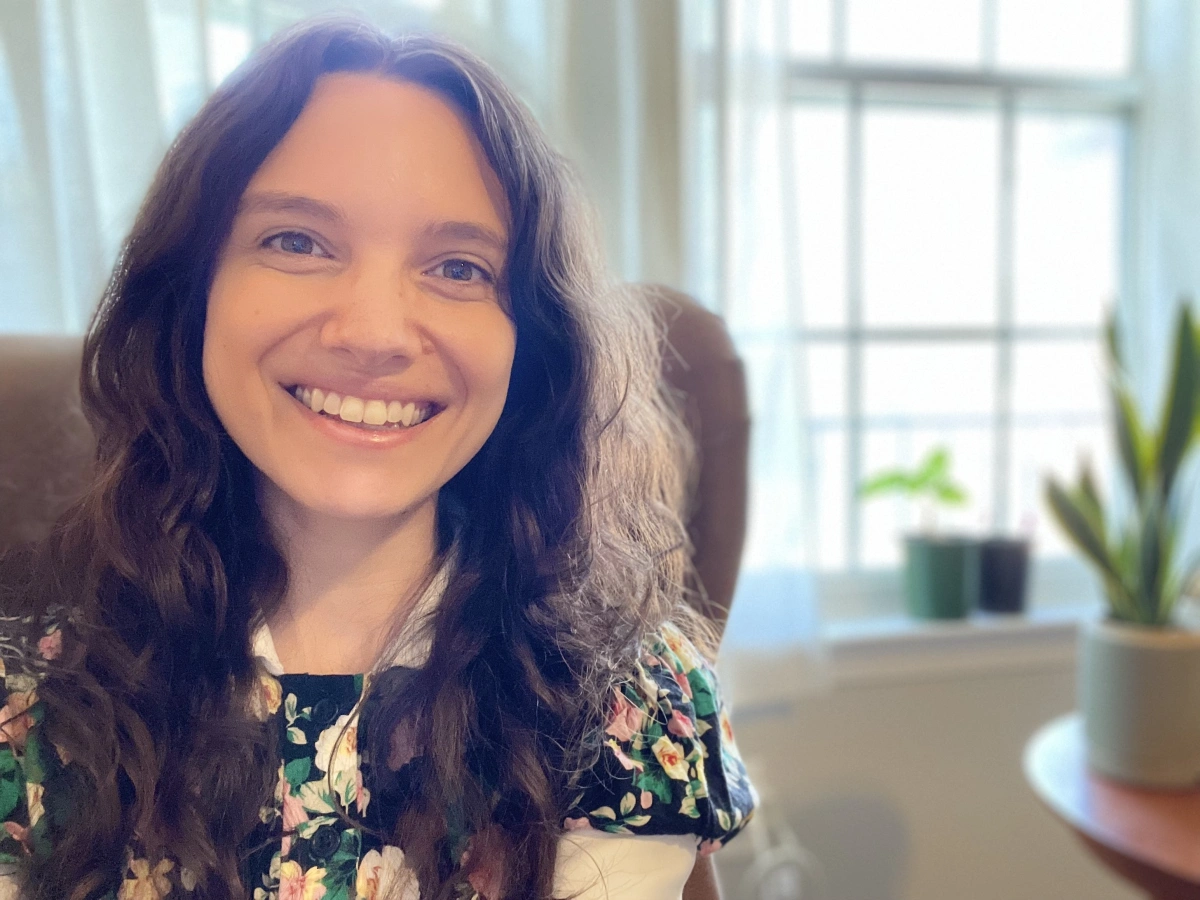
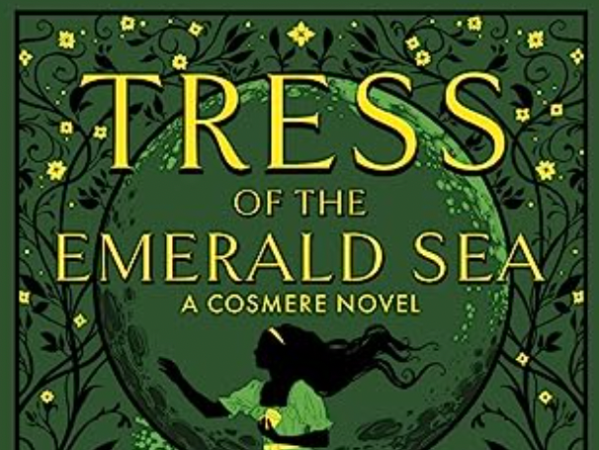



Leave a comment